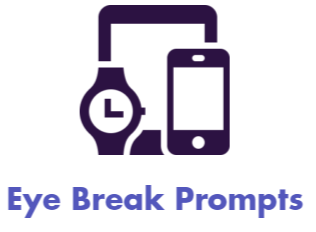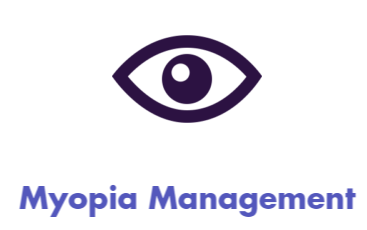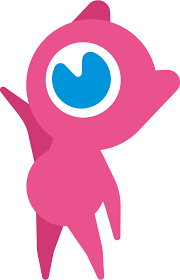Claire McDonald and Sally Adams reflect on the last twenty years practicing optometry in Warkworth.
Sally Adams (SA): When you were setting up the practice what was the main driver?
Claire McDonald (CM): There was tremendous appeal in being able to follow the entire process through. To examine someone’s vision, then provide a solution (glasses), and anticipate seeing them again in the future really interested me. I was strongly influenced by my early working experience with optometrists who had been in their practices for many years, had long term relationship with the people who came to them, and took pride in doing a good job with care.
CM: What appealed to you about optometry at the start?
SA: I started wearing glasses and eye patching therapy from 4 years old so I grew up with optics. I guess I understood first hand how optometry was a way of helping people.
CM: What do you enjoy about your role as an optometrist?
SA: Helping each person make a positive difference to their day to day life through the way they use their vision.
CM: During the last twenty years our ‘scope of practice’ has changed a lot, especially training to be therapeutic optometrists, who can treat different types of eye problems. We used to refer these cases to the Eye Clinic or GP. How did you find the study?
SA: Study was a challenge to balance with 2 young children, then aged four and seven, as well as work! But the greater depth of knowledge is invaluable in my day to day practice, and I realised an ability to take on new challenges.
CM: I agree, it was a big step to be back at University, nerves around exams had not diminished! We were suckers for punishment though, continuing beyond the required papers to complete Post Grad Diplomas!
SA: Yes that was an achievement. Then that study spread into my learning in behavioural optometry and vision therapy.
CM: I see that first hand; behavioural optometry and vision therapy has expanded and changed the way you work. Added new strings to your bow alongside our more typical caseload.
SA: Yes I guess it has been the same for your with Ortho-K* and Glaucoma.
CM: Exactly. With Ortho-K it has been exciting to add new technology to skills and experience in fitting contact lenses and realise we can make a real difference in myopia control for young people. Science and research is giving us some powerful clinical tools which are already here, not some future yet to be developed solution.
SA: How have you found working at the University of Auckland Clinic seeing Glaucoma patients?
CM: It is good to go and work in a different environment, keeps my skills up I guess. I can see now optometry fits in Glaucoma management, alongside Ophthalmology.**
SA: Twenty years is bit of a milestone here on the main street of Warkworth, it begs the question how much longer will we be here?
CM: I think there is still passion in our work, I think we’ll be here for a while yet.
*Rigid contact lenses worn overnight to correct vision
** Ophthalmologists are Doctors who are Eye Specialists












